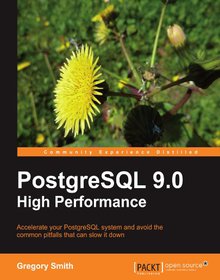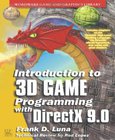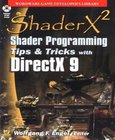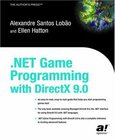PostgreSQL 9.0 High Performance

Book Details:
| Publisher: | Packt Publishing |
| Series: | Packt , High Performance |
| Author: | Gregory Smith |
| Edition: | 1 |
| ISBN-10: | 184951030X |
| ISBN-13: | 9781849510301 |
| Pages: | 468 |
| Published: | Oct 20 2010 |
| Posted: | Nov 19 2014 |
| Language: | English |
| Book format: | |
| Book size: | 9.77 MB |
Book Description:
Accelerate your PostgreSQL system Learn the right techniques to obtain optimal PostgreSQL database performance, from initial design to routine maintenance. Discover the techniques used to scale successful database installations. Avoid the common pitfalls that can slow your system down. Filled with advice about what you should be doing; how to build experimental databases to explore performance topics, and then move what you've learned into a production database environment. Covers versions 8.1 through 9.0. In Detail PostgreSQL database servers have a common set of problems they encounter as their usage gets heavier and requirements more demanding. You could spend years discovering solutions to them all, step by step as you encounter them. Or you can just look in here. All successful database applications are destined to eventually run into issues scaling up their performance. Peek into the future of your PostgreSQL database's problems today. Know the warning signs to look for, and how to avoid the most common issues before they even happen. Surprisingly, most PostgreSQL database applications evolve in the same way: Choose the right hardware. Tune the operating system and server memory use. Optimize queries against the database, with the right indexes. Monitor every layer, from hardware to queries, using some tools that are inside PostgreSQL and others that are external. Using monitoring insight, continuously rework the design and configuration. On reaching the limits of a single server, break things up; connection pooling, caching, partitioning, and replication can all help handle increasing database workloads. The path to a high performance database system isn't always easy. But it doesn't have to be mysterious with the right guide. Approach A clear, step-by-step guide to optimizing and scaling up PostgreSQL database servers. Improving database performance requires an equal mix of understanding theoretical concepts and working through hands-on examples. You'll find both here. Many of the examples given will be immediately useful for monitoring and improving your PostgreSQL deployments, providing insight into hard-to-obtain information about your database.
Download Link:
Related Books:
Introduction to 3D Game Programming with DirectX 9.0
Introduction to 3D Game Programming with DirectX 9.0 provides an introduction to programming interactive 3D computer graphics using DirectX 9.0, with an emphasis on game development. The book begins with an explanation of mathematical tools and moves on to general 3D concepts. Other topics include performing basic operations in Direct3D such as primitive drawing, lighting, texturing, alpha blending, and stenciling, and using Direct3D to implement techniques that could be required in a game. Chapters on vertex and pixel shaders, including the effects framework and the new High-Level Shading Language, wrap up the discussion. Understand basic mathematical and 3D concepts. Learn how to describe and draw interactive 3D scenes using the Direct3D 9.0 API. U...
ShaderX2
Shader Programming Tips and Tricks with DirectX 9.0
.NET Game Programming with DirectX 9.0
Written in easy-to-understand language, this book is a must-read if you'd like to create out-of-the-ordinary, yet simple games. Authors Alexandre Lobao and Ellen Hatton demonstrate the ease of producing multimedia games with Managed DirectX 9.0 and programming the games with Visual Basic .NET on the Everett version of Microsoft's Visual Studio.
The authors emphasize simplicity, but still explore important concepts of Managed DirectX 9.0, such as Direct3D, DirectSound, DirectMusic (using the COM interface), DirectInput (including force-feedback joysticks), DirectShow, and DirectPlay. Additional chapters discuss game programming technologies: Speech API for generating character voices, GDI+ for simple games, and multithreading. A bonus chapter even sh...
2007 - 2021 © eBooks-IT.org



